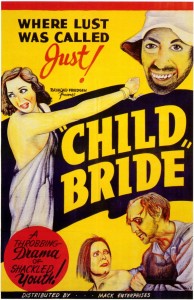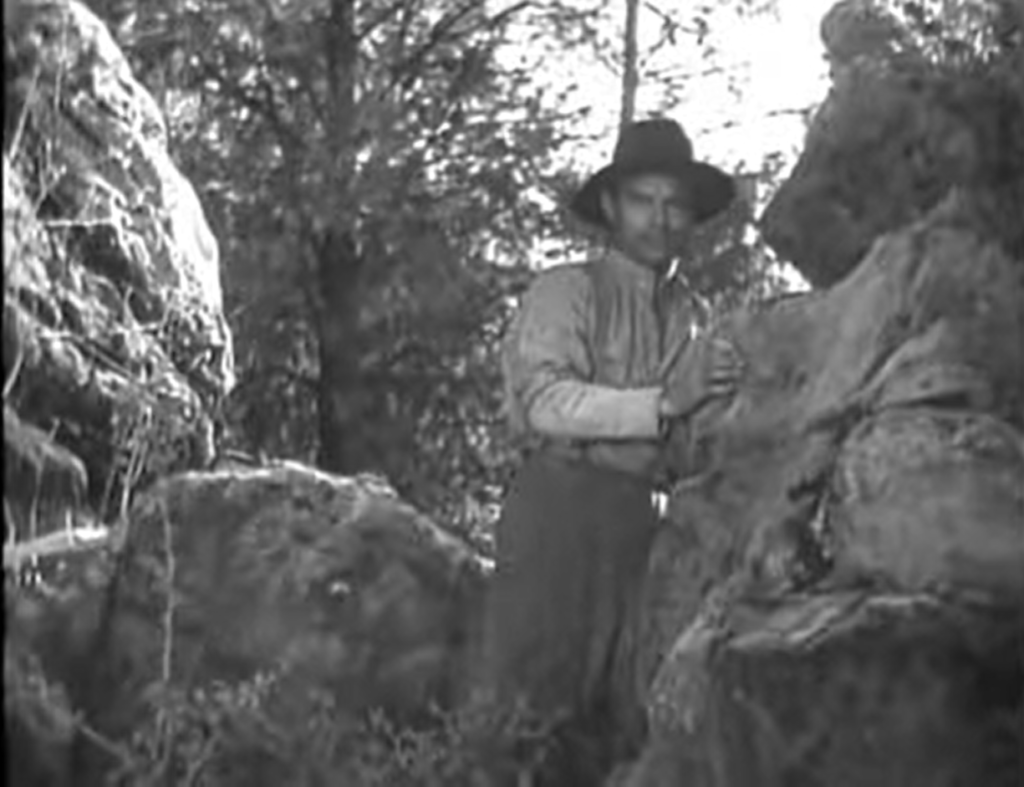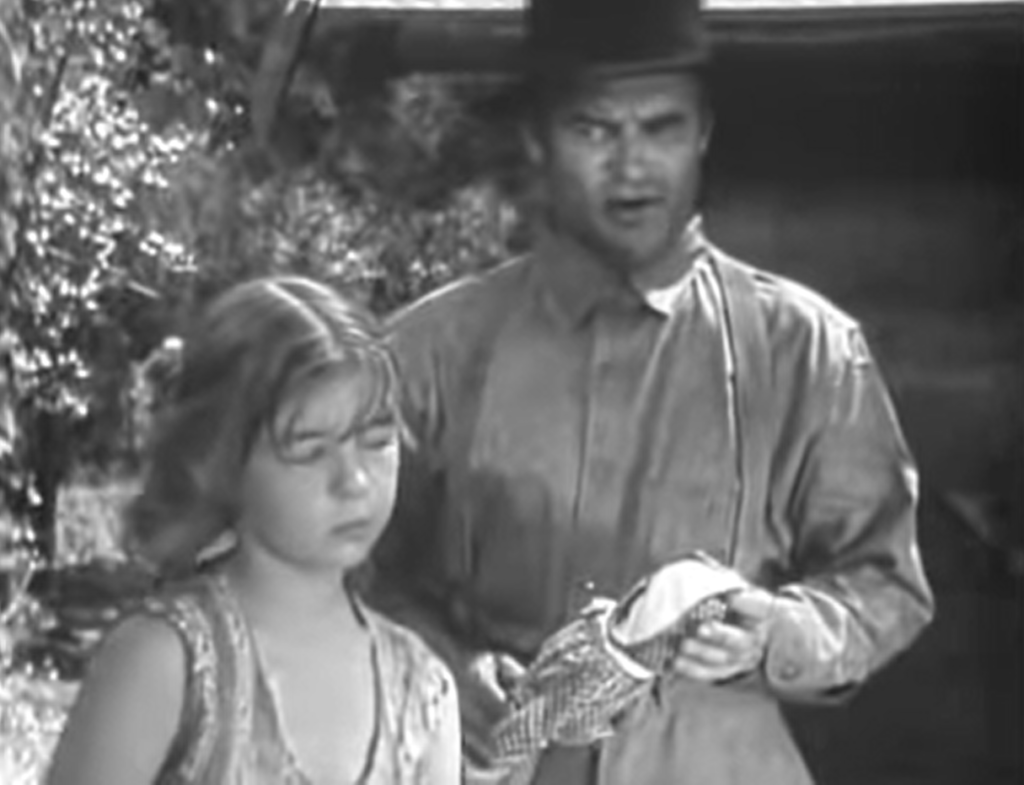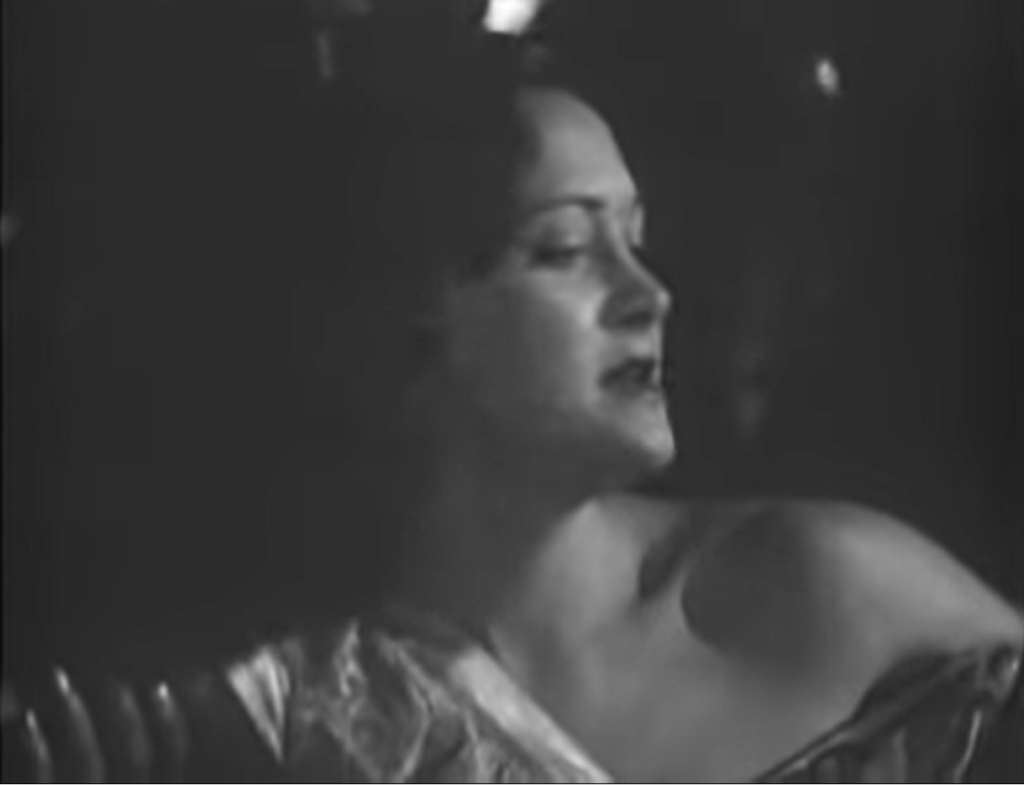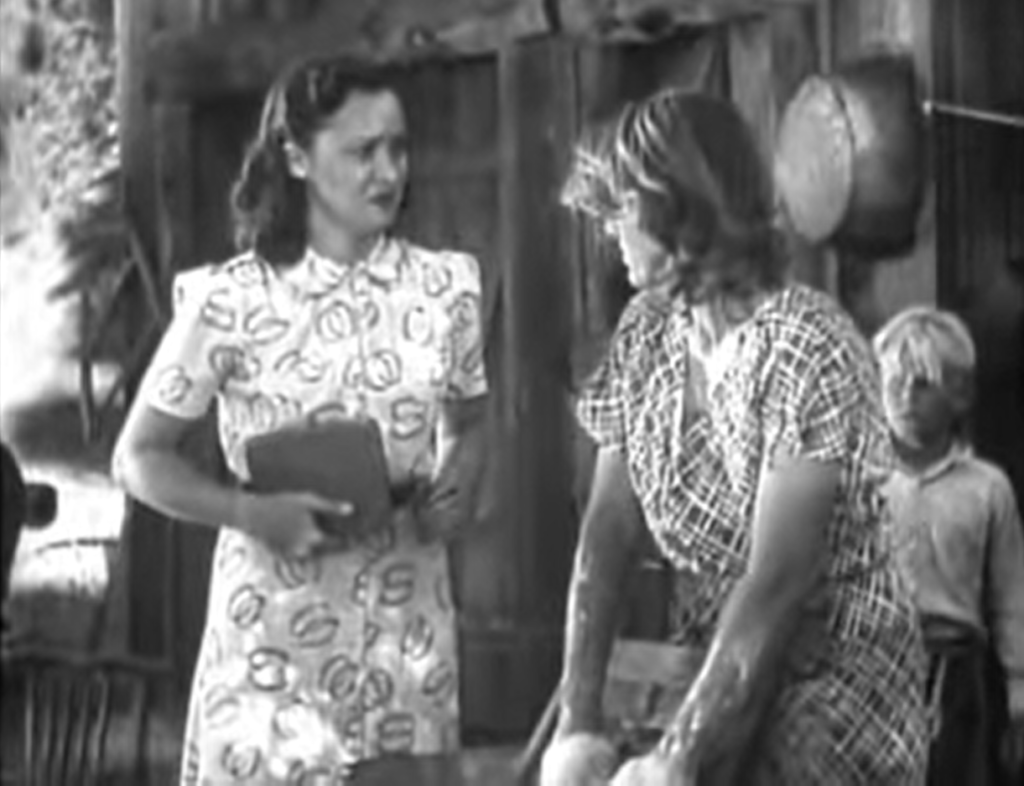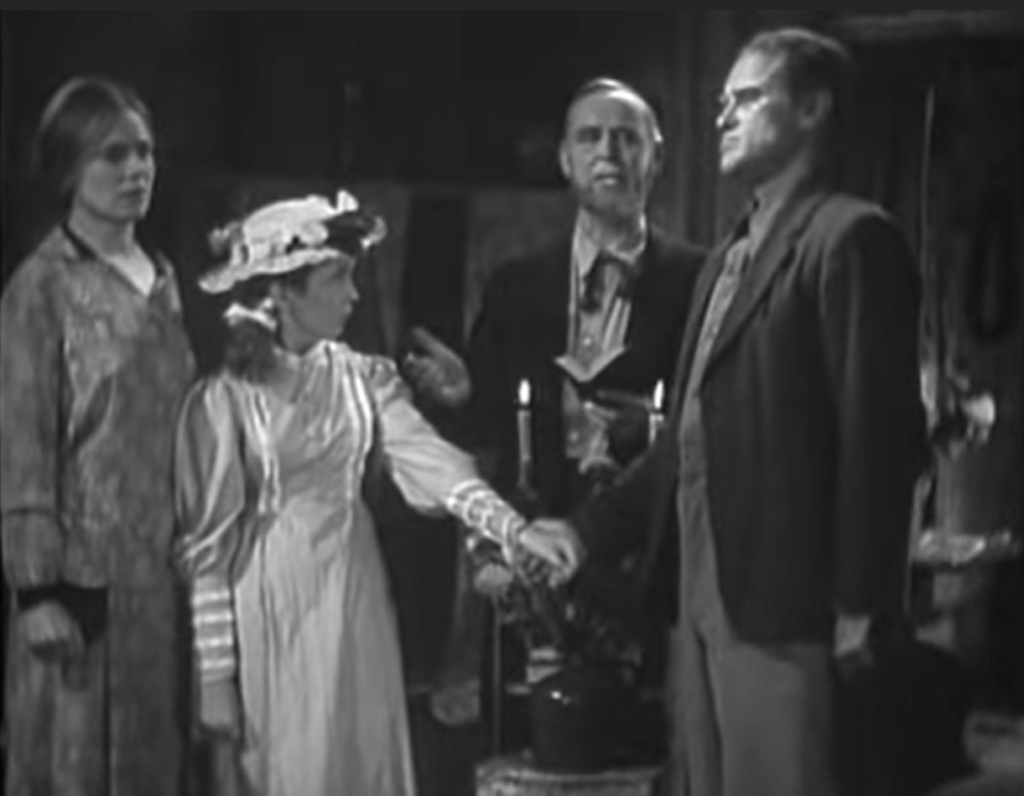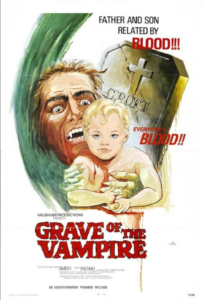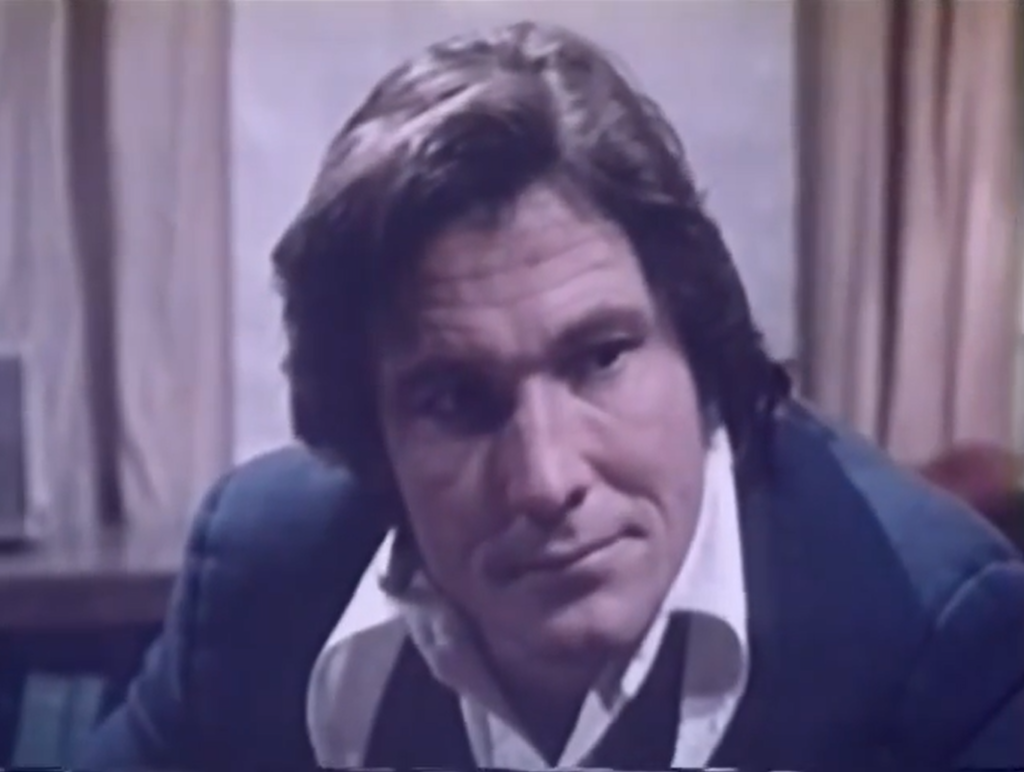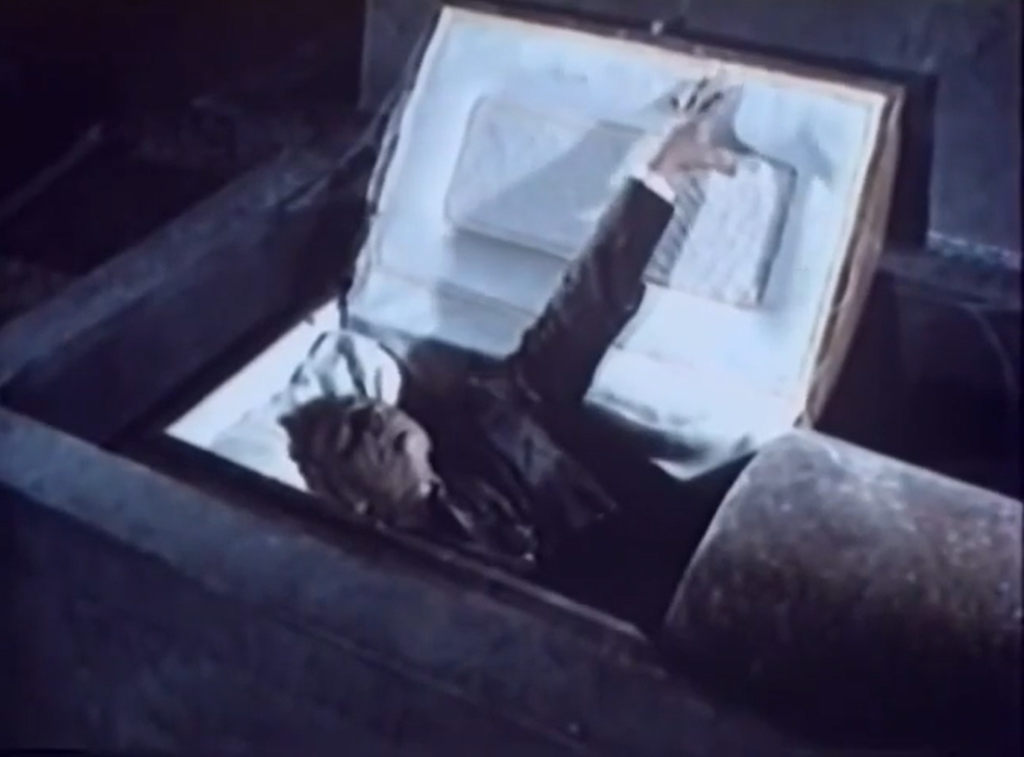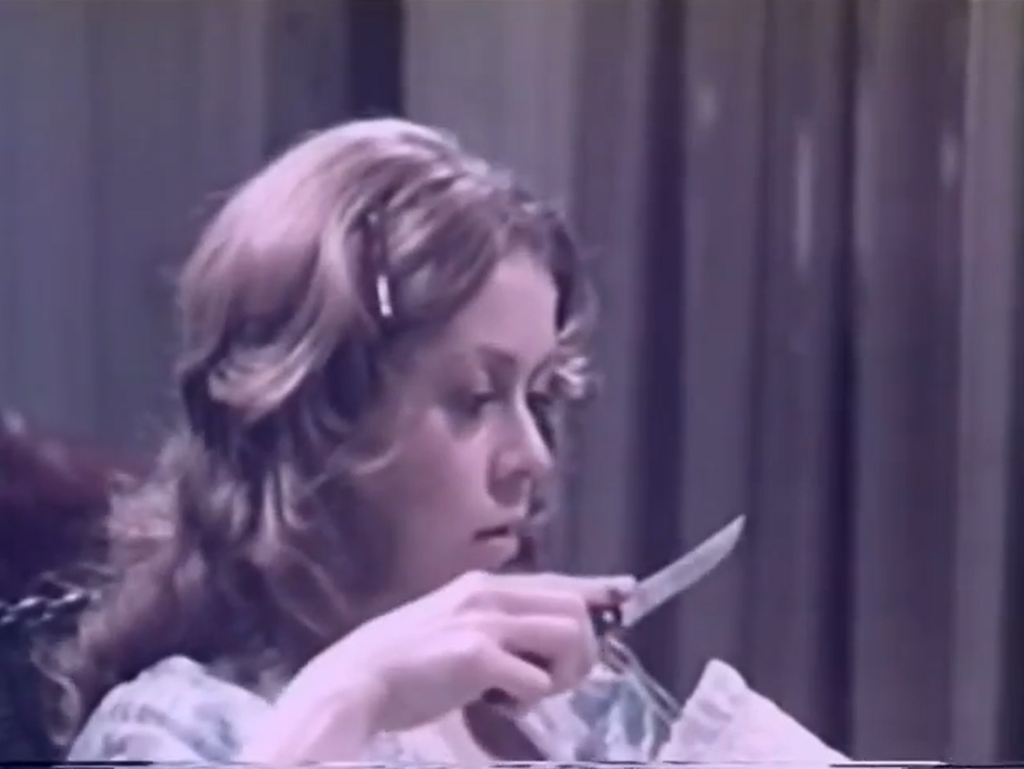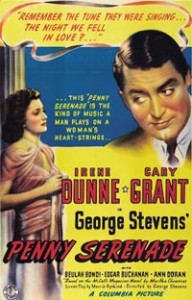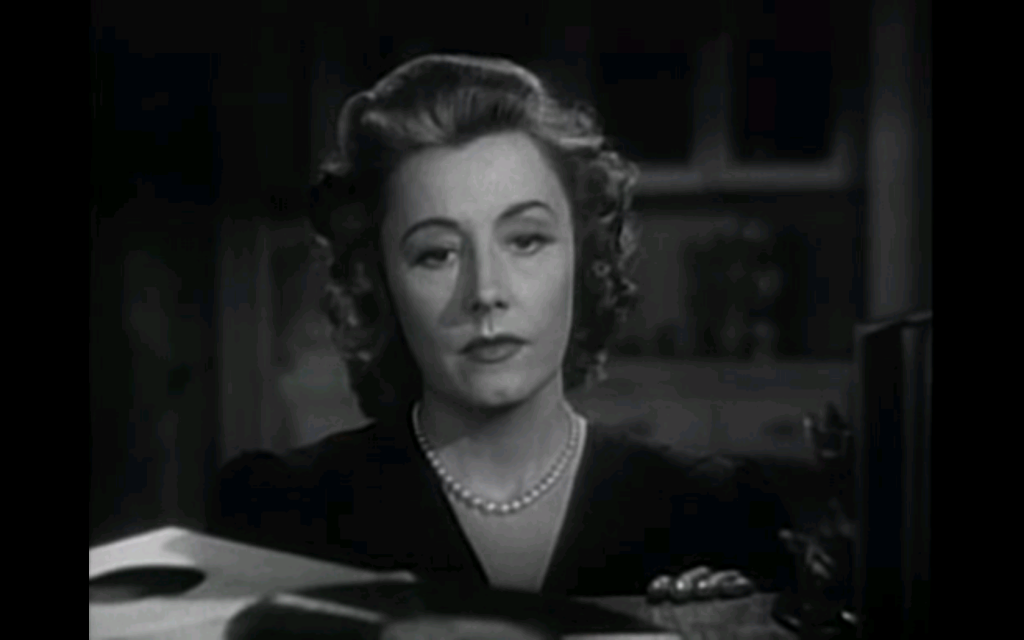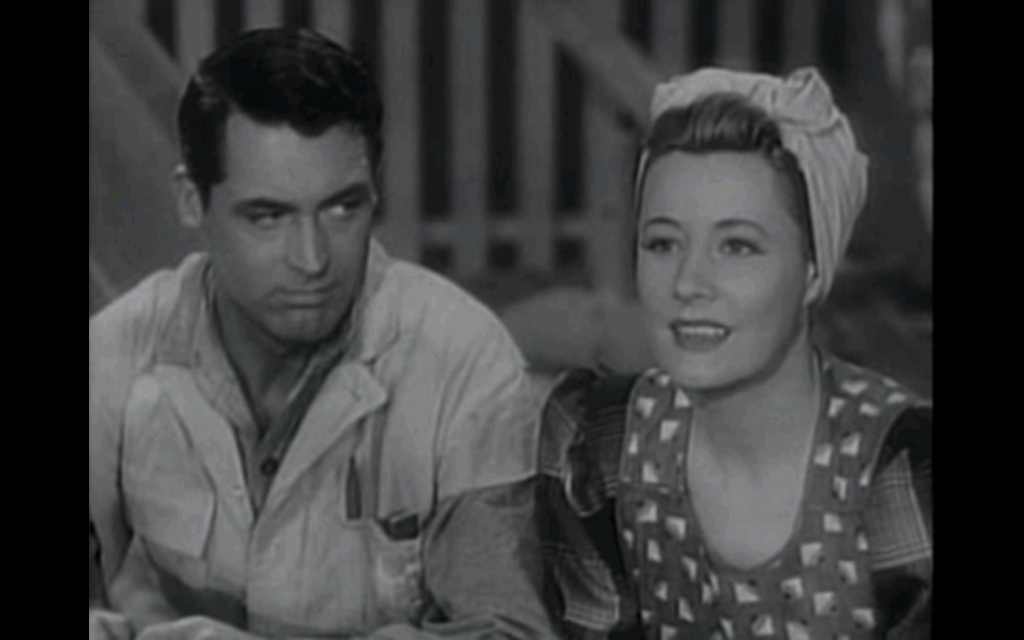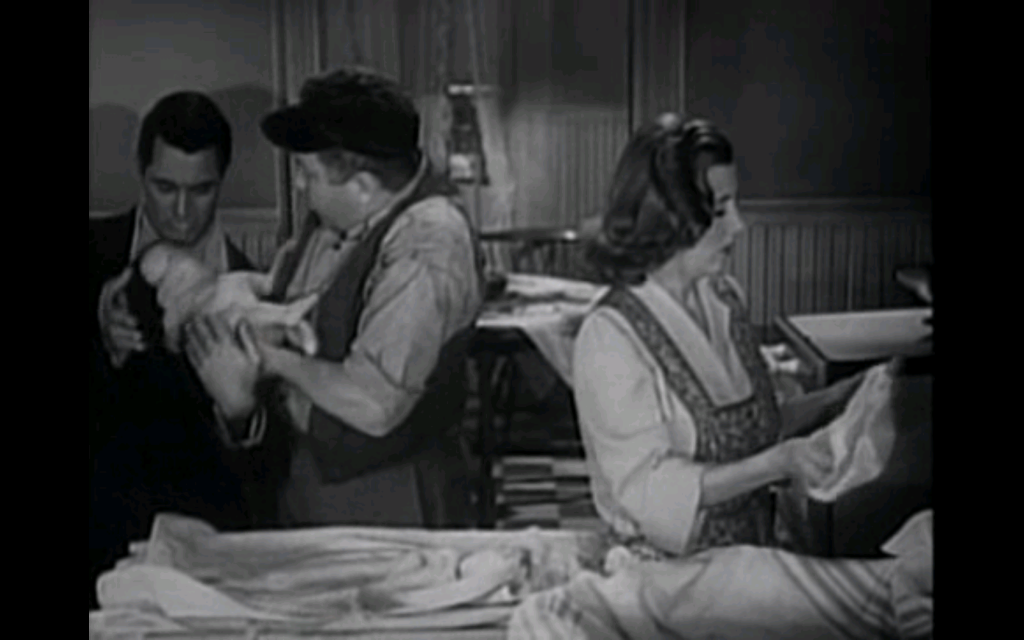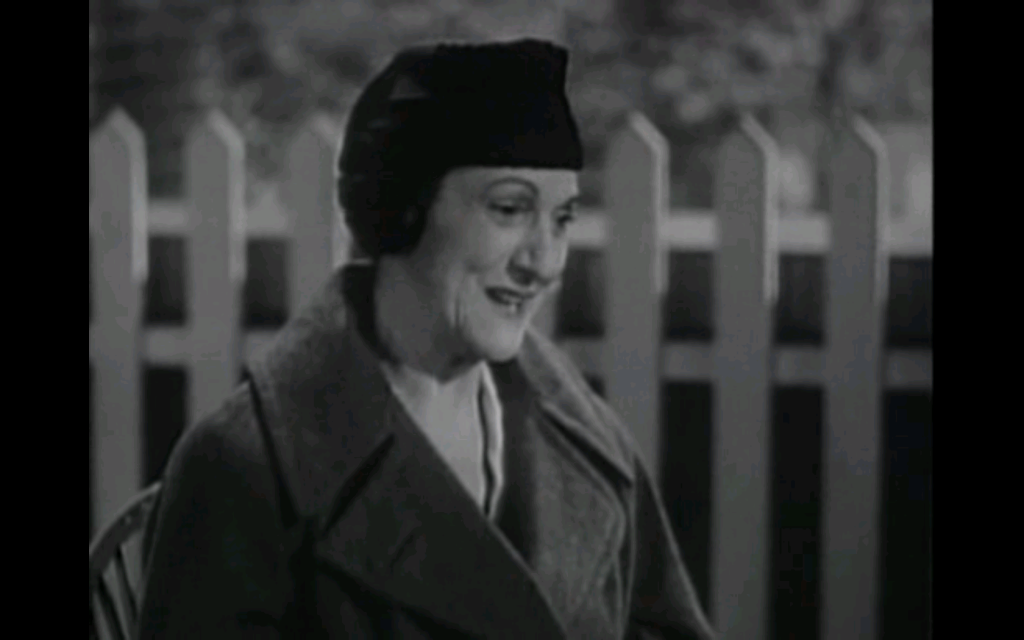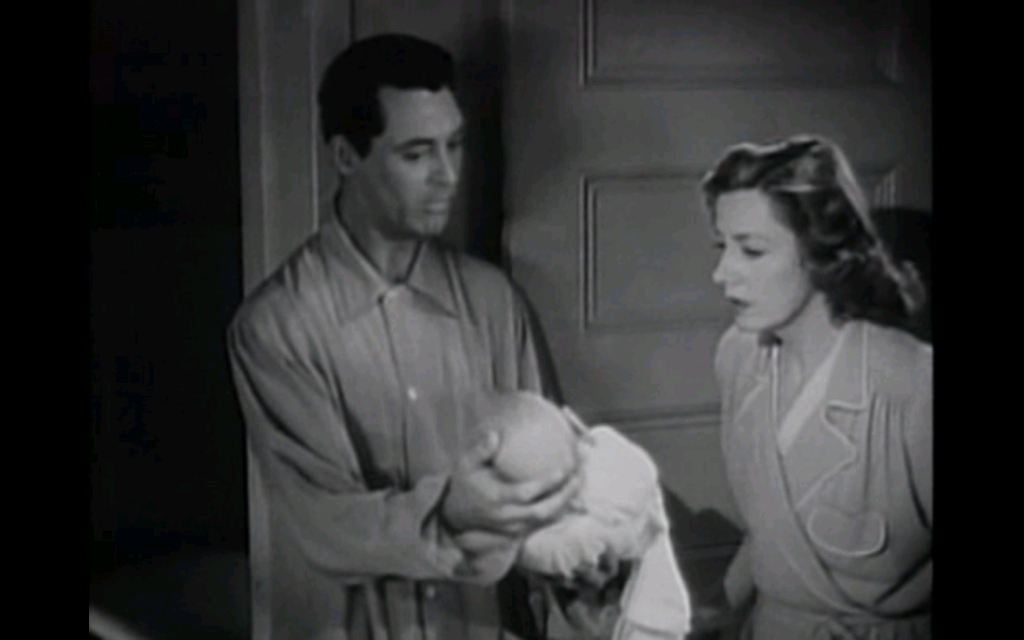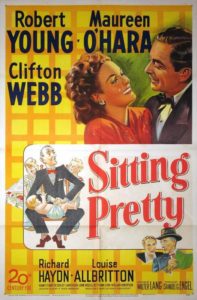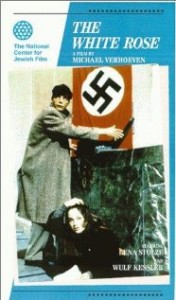|
Genres, Themes, Actors, and Directors:
- Clifton Webb Films
- Comedy
- Governesses and Nannies
- Maureen O’Hara Films
- Richard Haydn Films
- Robert Young Films
- Small Town America
Review:
A few years after his infamous turn as Waldo Lydecker in Otto Preminger’s Laura (1944), Clifton Webb gave a similarly acerbic — and equally memorable — performance in this adaptation of Gwen Davenport’s 1947 novel Belvedere. Although clearly dated in many ways, Sitting Pretty still packs a surprising amount of comedic punch — thanks almost entirely to Webb, who never falters in his depiction of Mr. Belvedere as an outrageously self-congratulatory man, a philosopher and “genius” who never harbors the slightest doubt in his abilities to handle any situation that arises. Indeed, as the story progresses, Belvedere’s list of professed accomplishments and prior occupations grows so outlandishly long (“Mr. Belvedere, is there anything you haven’t been?” “Yes, Mrs. King — I’ve never been an idler or a parasite.”) that we eventually realize he’s a superhuman entity; while he never actually opens up an umbrella to go soaring through the air like Mary Poppins, his ability to achieve such a feat is somehow never in doubt.
Given that Mr. Belvedere is decidedly asexual (or, depending on how you look at it, secretly “coded” as homosexual), the fact that the film’s storyline eventually hinges on Robert Young’s jealous suspicions that his wife is engaging in a romantic dalliance with her nanny is simply ludicrous. Yet such narrative quibbles are somehow easily forgiven, given the overall outlandish flavor of the screenplay — which eventually takes an unexpected twist that places the entire story in a new context. And Webb is given so many delicious lines to spout that it’s pure fun simply waiting to hear how he’ll handle the next one. Watch for an enjoyable supporting turn by British comedic actor Richard Haydn (who played a dramatically different character in Preminger’s Forever Amber the previous year).
Note: This film (or rather, Webb’s impersonation as Mr. Belvedere) was so popular that two sequels — Mr. Belvedere Goes to College (1949) and Mr. Belvedere Rings the Bell (1951) — quickly followed; while they get half-hearted ratings, I’ll admit I’m smitten enough by Webb-as-Belvedere to want to check them out.
UPDATE, 12/9/11: I recently watched Mr. Belvedere Goes to College (1949) on YouTube (some kind soul uploaded it there), and thought I would write a quick capsule review here (especially given that no reviews at all are linked to this obscure little title on IMDb). As expected, it’s not nearly as “complete” a comedy as Sitting Pretty, and certainly isn’t must-see viewing for film fanatics — but fans of Webb won’t regret checking it out. His “Lynn Belvedere” remains in peak form in the sequel, responding to the rhetorical question, “You’re not serious…?!” with a resolute, “I’m grim.” (Only HE could make that retort sound convincing!) The film’s title explains itself: given that his formal education apparently consisted of no more than “two revolting weeks of Kindergarten”, Belvedere decides — for reasons I can’t name without spoiling the first picture a bit — to finally get a college degree. This allows the filmmakers ample opportunity to expose the hazards of freshman hazing — to which, interestingly enough, Mr. Belvedere allows himself to be subjected (to a certain extent, anyway).
Unfortunately, far too little time is actually spent on Belvedere’s travails in the classroom; NONE, actually (we simply see him reading books wherever he goes). Instead, a rather insipid subplot is allowed to dominate the proceedings, involving a would-be romance between a grown-up Shirley Temple (whose annoying character possesses a significant secret identity) and Tom Drake (of boy-next-door Meet Me in St. Louis fame); as might be expected, whenever this narrative takes center stage, things grind to a deadening halt. Enter Mr. Belvedere again, however, and one’s energies are immediately restored: he’s just THAT delightful. As Bosley Crowther laudingly describes him in his review for the New York Times, he’s “brilliantly, classically clever and often delightfully droll, but he is also profoundly earnest”; in sum, he’s “a fellow who knows himself thoroughly and who has the good sense to realize that modesty would be false”. Indeed.
Redeeming Qualities and Moments:
- Clifton Webb as Mr. Belvedere (nominated by Peary as one of the Best Actors of the Year in his Alternate Oscars)
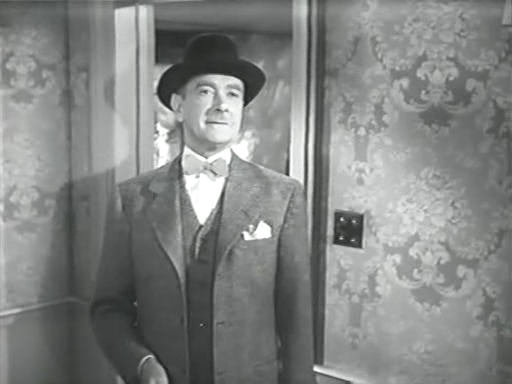
- Richard Haydn as Mr. Appleton
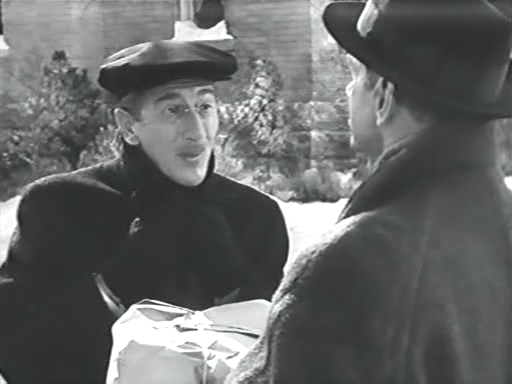
- Plenty of delightfully droll dialogue: “Intoxication is a form of escape often sought by the mentally immature.”
Must See?
Yes, simply for Webb’s iconic performance. Listed as a Personal Recommendation in the back of Peary’s book.
Categories
Links:
|
